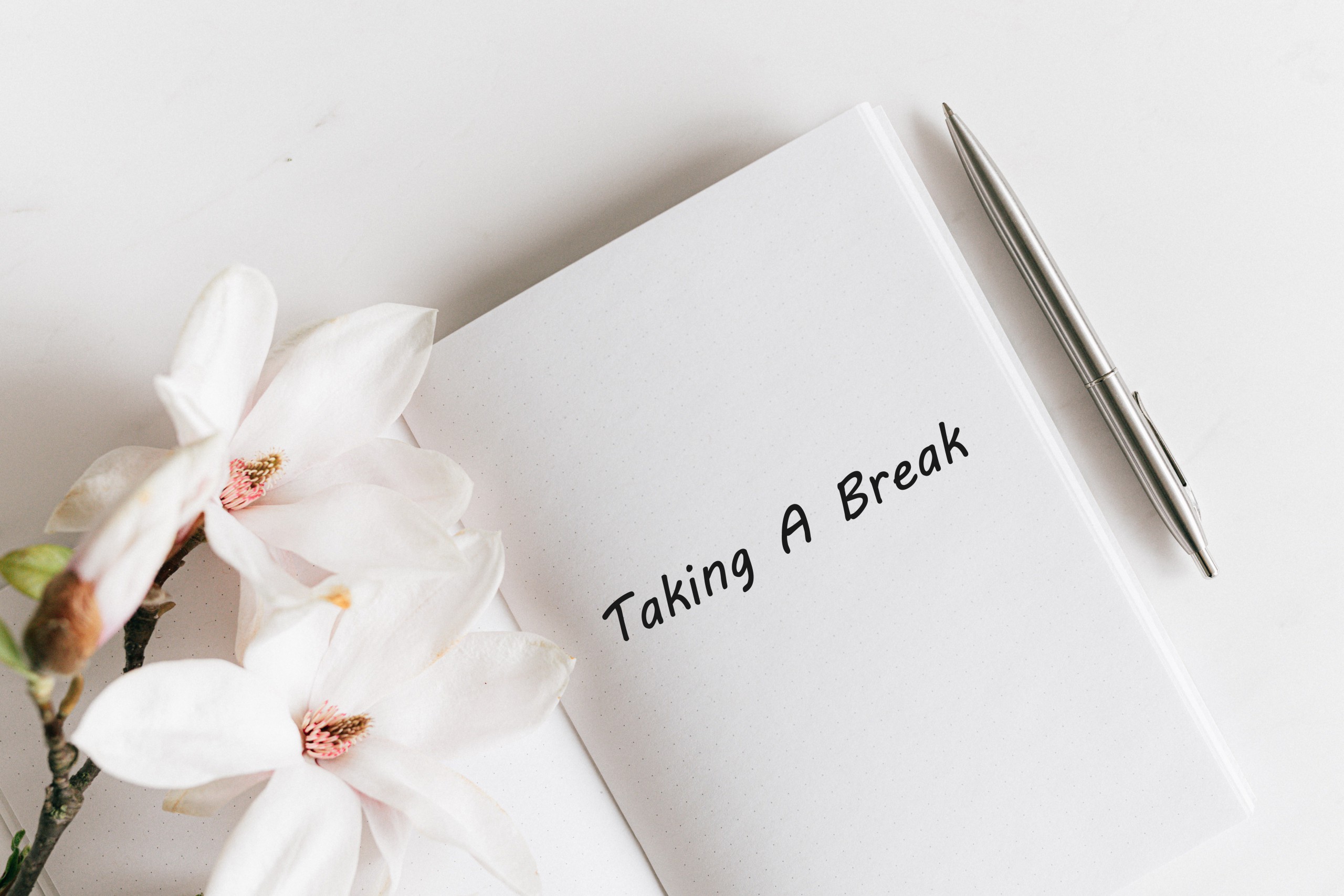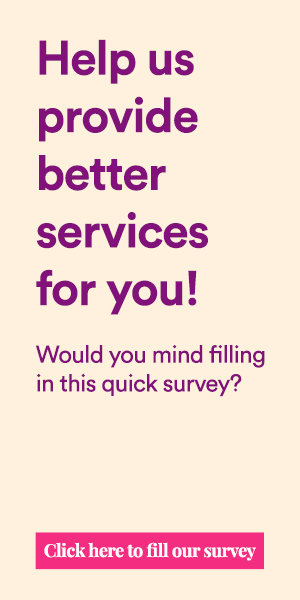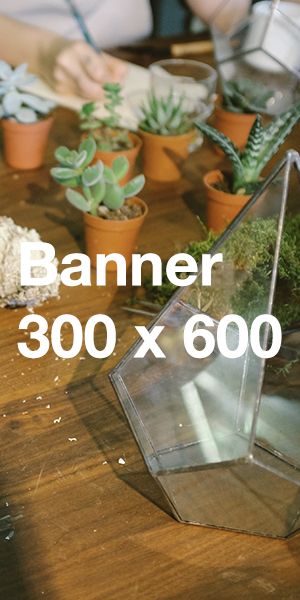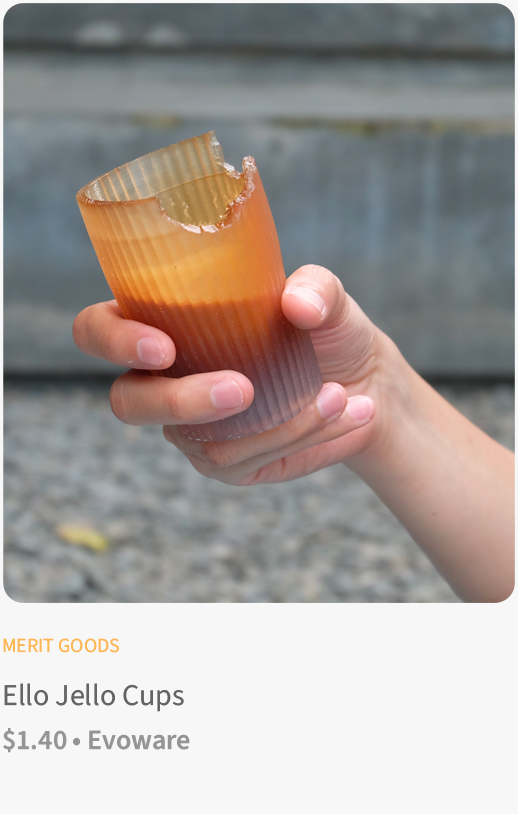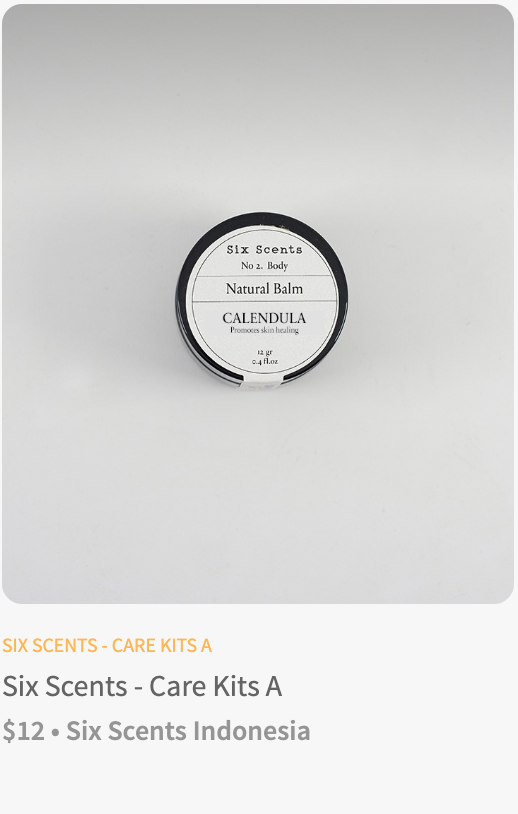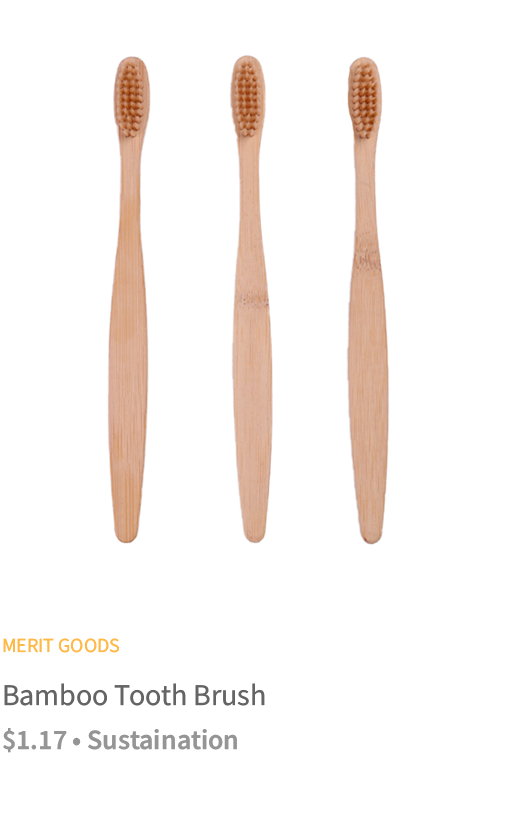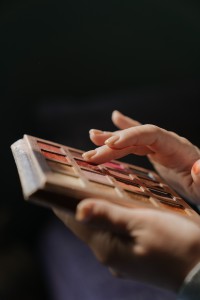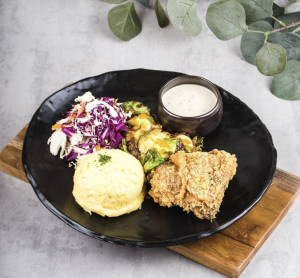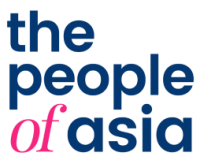When you are facing complicated problems or too many works to handle at the same time, you will think that 24 hours a day is not enough. Even sleep is not an option because your lullaby is about finding the solution to your problems. That gives you a headache and exhaustion. But you are still sure that you have no time for breaks.
Taking a break is not always stop doing things. It can consider as slowing down your speed. Research has shown that you can get benefits from taking a break [1]. It relieves or prevents stress, helps to maintain performance throughout the day, and reduce the need for a long recovery at the end of the day [2].
Taking a break is considered an effort to recharge your energy and spirit before return to your previous work. And it becomes a part of your journey. Taking a break is very dependent on the length of time. But there is no specific rule on how long you should take a break. You can determine how much time you need according to your conditions. The aim is to refresh your mind and motivates you to go back to work. Based on the length of time, there are two types of breaks a long break and a short break or micro-break.
A Long Break
A long break is considered a pause or absence from work for a longer time. It might take days, weeks, or even more. A long break gives a huge-impact mentally and physically, which makes you feel the difference even if only been done one time. Taking a holiday is considered a long break. It restores your mood and wellbeing, returning your mental and psychical functional systems to their baseline [3].
A Micro-Break
A short break or micro-break is taking throughout the working time. Taking a couple of minutes breaks during your work to stretch your body, chatting with coworkers, taking a nap, or walk to grab a coffee can turn down the pressure on you. Micro-break gives a slight impact, which you can not feel right away. It needs regularly apply so you can feel the benefits. It will not only boosts your performance but also increase positive energy and productivity. When regularly taking a micro-break, your mind will get used to the habit of relaxation at certain times. It becomes a counterweight to the stress you are facing.
Reaching the finish line is the goal of your work. It is necessary to accomplish with the right effort. Success indeed lies in the effort and brings satisfaction. But when you feel the struggle is burdening yourself, a proper gap needs to be adjusted. Take a break from a stressful situation is essential because taking care of your wellbeing is more important to achieve first, to get a better achievement in your work.
References [1] Coffeng JK, van Sluijs EM, Hendriksen IJM, van Mechelen W, Boot CRL. Physical Activity and Relaxation During and After Work are Independently Associated With the Need for Recovery. J Phys Act Heal [Internet]. 2015 Jan 1;12(1):109–15. Available from: https://journals.humankinetics.com/view/journals/jpah/12/1/article-p109.xml [2] Geurts SAE, Beckers DGJ, Tucker P. Recovery from demanding work hours. An Introd to Contemp Work Psychol [Internet]. 2014; 196–219. Available from: https://psycnet.apa.org/record/2014-32531-008 [3] The Wellbeing Thesis. The Importance of Taking Breaks. Available from: https://thewellbeingthesis.org.uk/foundations-for-success/importance-of-taking-breaks-and-having-other-interests/#:~:text=Taking%20breaks%20has%20been%20shown,and%20cardiovascular%20disease%20%5B2%5D. [4] Jones, Megan. The Benefits of Taking Breaks. How slacking off can make you more productive. Australia Redear's Digest. Available from: https://www.readersdigest.com.au/true-stories-lifestyle/work/The-Benefits-of-Taking-Breaks [5] Professional Super. Less stress and more success: Why taking a break can be beneficial. Available from: https://www.professionalsuper.com.au/blog/less-stress-and-more-success/ [6] Kim S, Park Y, Niu Q. Micro-break activities at work to recover from daily work demands. J Organ Behav [Internet]. 2017 Jan 4; 38(1):28–44. Available from: http://doi.wiley.com/10.1002/job.2109


